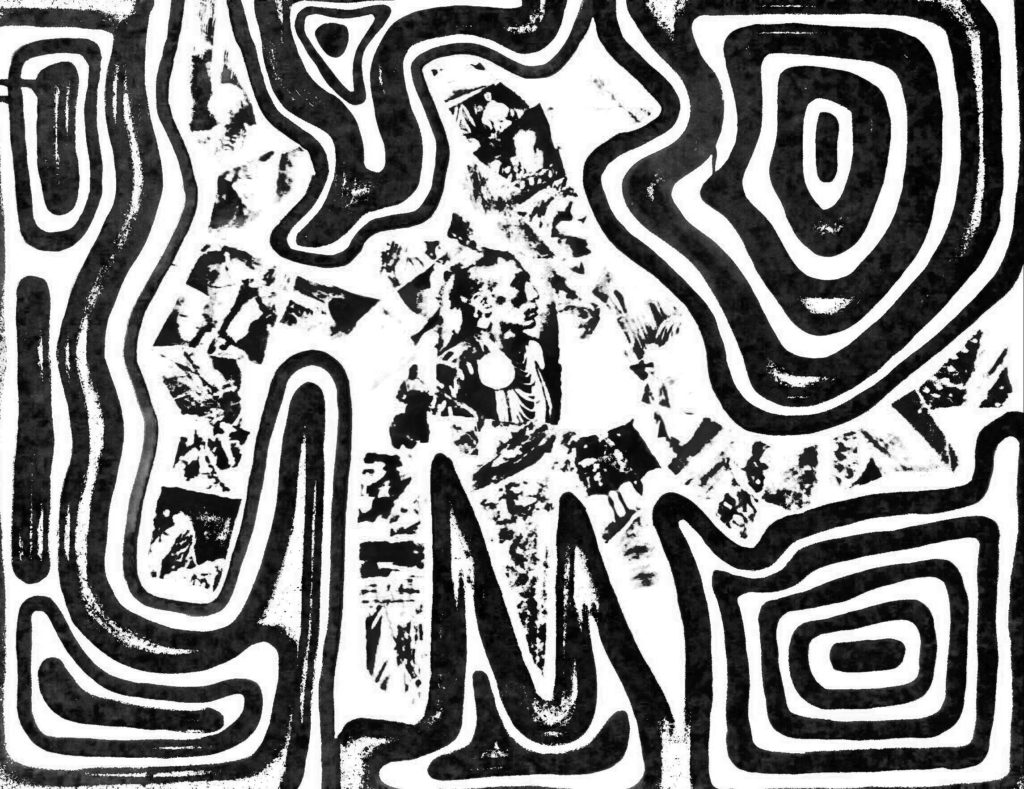
The ceremony of birth and Kanien’kehá:ka Mohawk ancestral wisdom

The role of motherhood in Kanien’kehá:ka Mohawk and Haudenosaunee societies
Imagining Turtle Island prior to Euro-colonial invasion, I am strengthened. Kanien’kehá:ka Mohawk ancestral societies were constructed on matriarchal power relations. I am part of this matriarchal society, as a Turtle Clan blood member. These ways of relating to each other extend to future generations, are secured by past ones, and also reach into Haudenosaunee people’s creations. For my children, I carry this to pass along. As Michi Saagiig Nishnaabeg writer and activist Leanne Simpson says, “I am a link in a chain” connecting the concepts of past, present, and future.
Within traditional clan affiliations of Haudenosaunee peoples there is no singular, definitive word or role for mother. In “Status of Woman in Iroquois Polity Before 1784” Haudenosaunee linguist and essayist JNB Hewitt recorded, “The first and highest term is that of mother, which has a much broader and deeper meaning here than it has among white people; it is applied not only to the actual mother but to all her sisters and to all women of her generation in the collateral lines of decent.”
This means that I am a mother to all children born to Turtle Clan women in my generation and in the generations that came before me. In addition, all Turtle Clan women born in previous generations to me are my mothers.
So I carry obligations to ancestral wisdoms and understandings. These are transformative things. Yet, how can we live in accordance with them in a colonized society that consistently rejects Indigenous ways of knowing and being? Where is space sacred to channel guidance from ancestral voices?
Living within cultural diasporas, as many Indigenous peoples do, I grapple with my identity through questions like these. These questions remain with my spirit like visitors or guests, as I reside as an uninvited guest upon Coast Salish lands.
The transformative power of birth
Surprisingly, yet understandably, the ceremony of birth has become a transformative answer.
Within Kanien’kehá:ka society, birth is a tradition that is governed through women’s power. Commonly, matriarchs within clans assist pregnant woman, as doulas and midwives, with birth and preconception practices. Matriarchs are communal keepers of birth knowledge, collectively responsible to expectant mothers. They assist in opening channels between worlds of spirits and the plane perceived as Earth. Birth ceremonies and preconception practices connect to Kanien’kehá:ka creation stories. In Kanien’kehá:ka wisdom, human genesis from ethereal planes is embedded within genetic knowledge and blood memories.
The story of Atsi’tsiaka:ion, Skywoman
As the story sometimes goes, Atsi’tsiaka:ion (mature flower), or Skywoman, a pregnant spiritual being slides through a vortex torn open by an uprooted tree. Skyworld, separated from the amniotic, oceanic realm of Earth by a thin membrane, cried out in loneliness to Atsi’tsiaka:ion. Co-creating with spirits of Earth and Skyworld, Skywoman symbolically becomes a zygote impregnating Earth’s womb. Through Atsi’tsiaka:ion’s birth, she links the spirit world to the physical world, and becomes a link within a process that continually completes itself. Atsi’tsiaka:ion helps to create the world that Kanien’kehá:ka peoples now live in.
Ancestral gifts of creation knowledges are honourable things, and exploring knowledge bases from a time and a world where patriarchy did not exist is akin to reading maps of decolonization.
Learning from Skywoman leads me to support women in prison
One way I envision following this map of decolonization is through supporting incarcerated, pregnant Indigenous sisters, and by practicing ancestral teachings and ways of knowing within places of systemic oppressions. Being involved in prisons to provide support to midwives and doulas as well as to pregnant women within their pregnancy ceremonies has the potential to decolonize aspects of our contemporary world.
Places of the greatest oppressions have historically become fertile soil for revolution. As one of the first infants to be allowed entrance within British Columbia’s penitentiary system with their mother, I know this to be true, and as a link within the chain I continue with the blood memory of my people.
The following words from Lee Maracle’s poem “Creation” sums up what I have learned about Indigenous motherhood:
The farther backward
In time I travel
The more grandmothers
And the farther forward
The more grandchildren
I am obliged to both.
